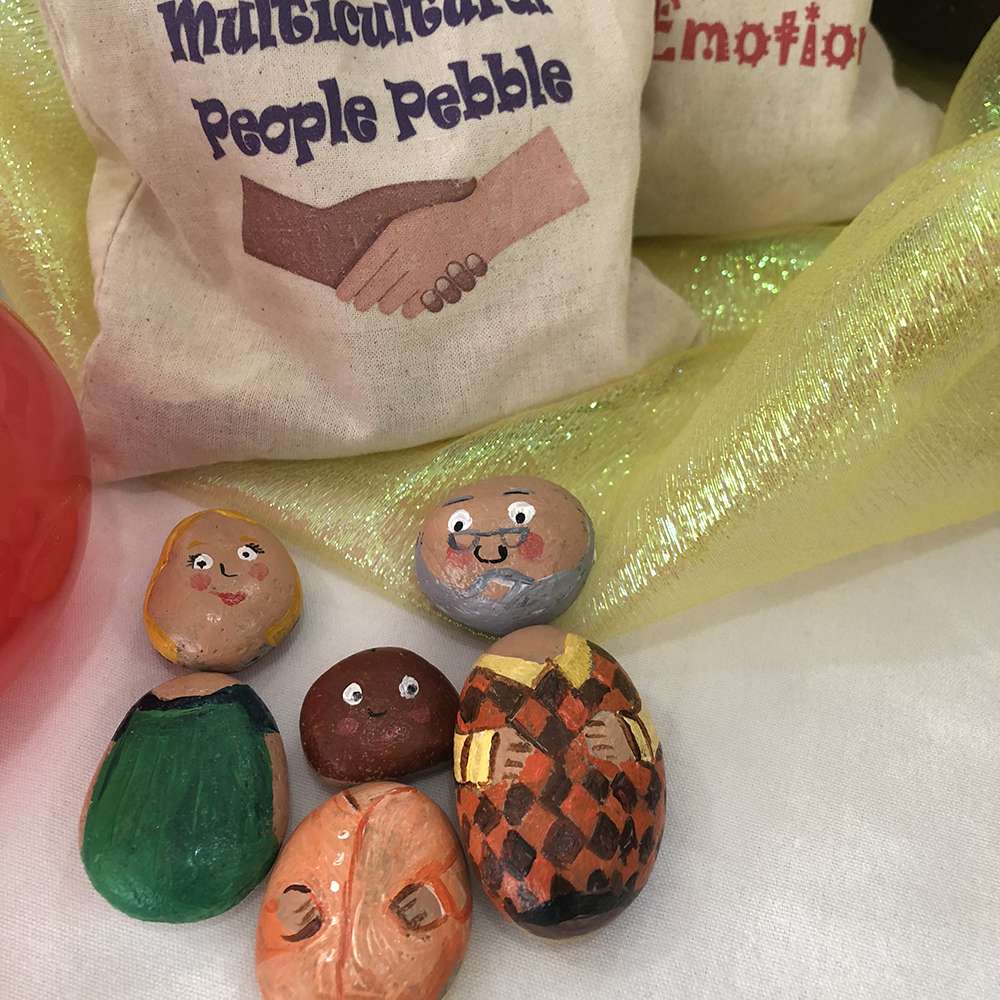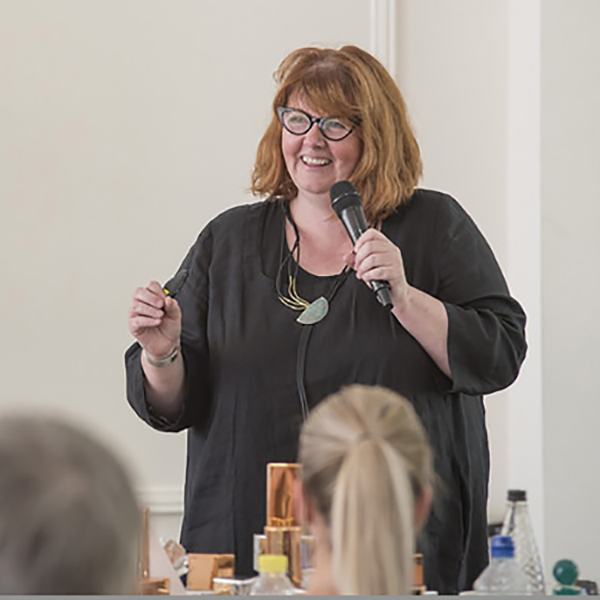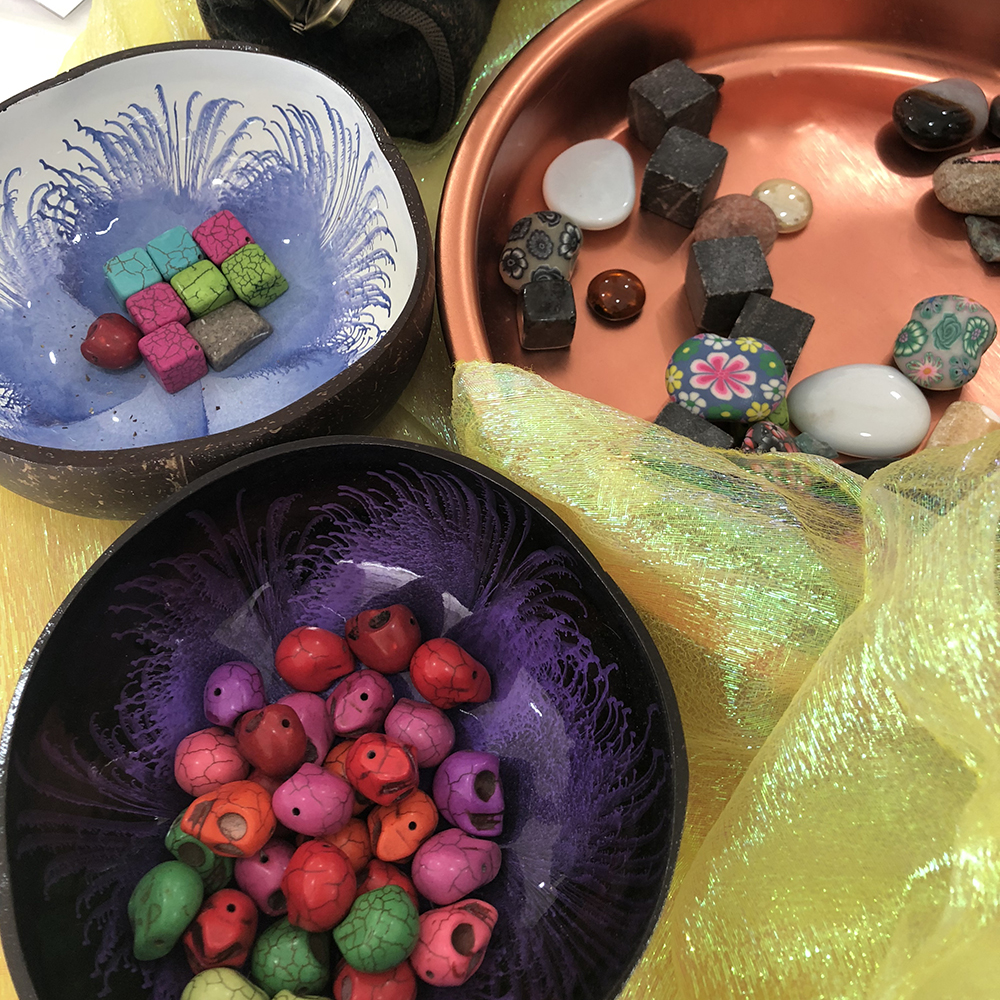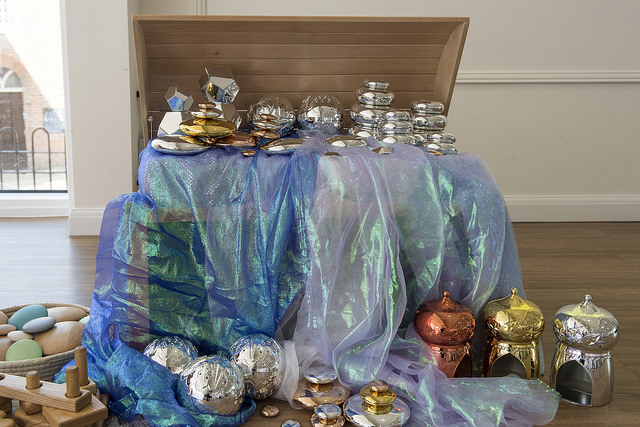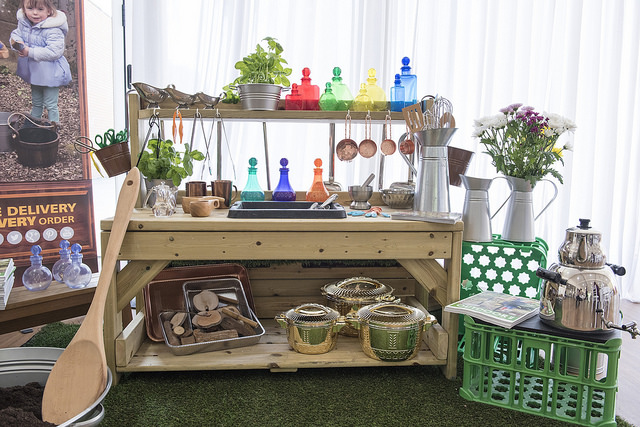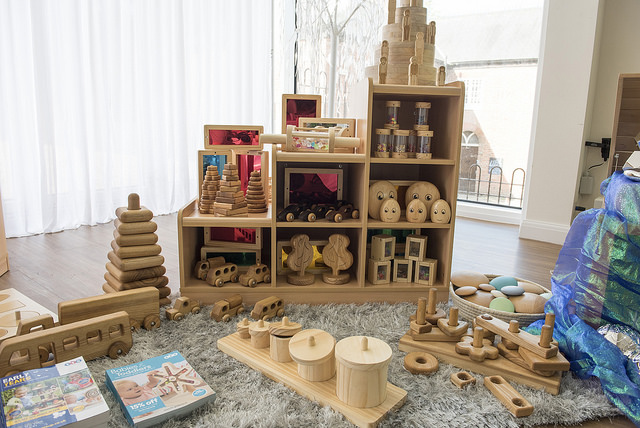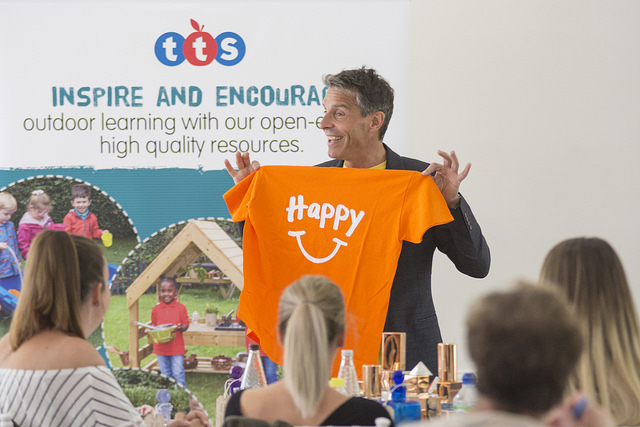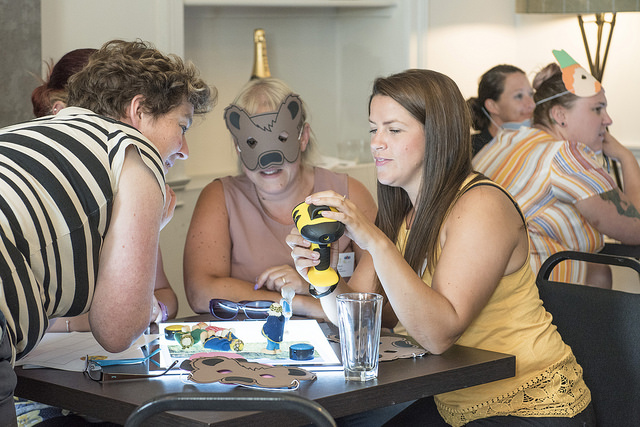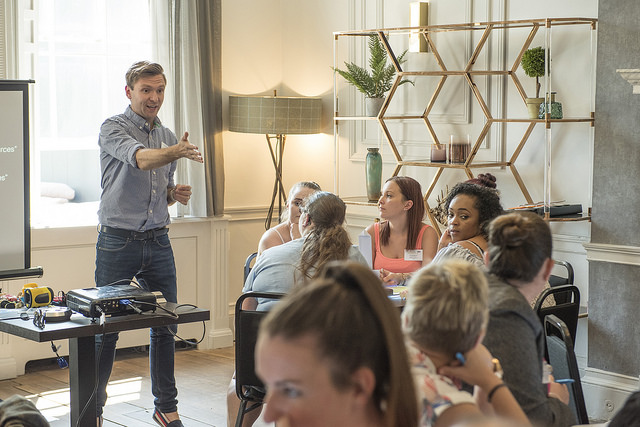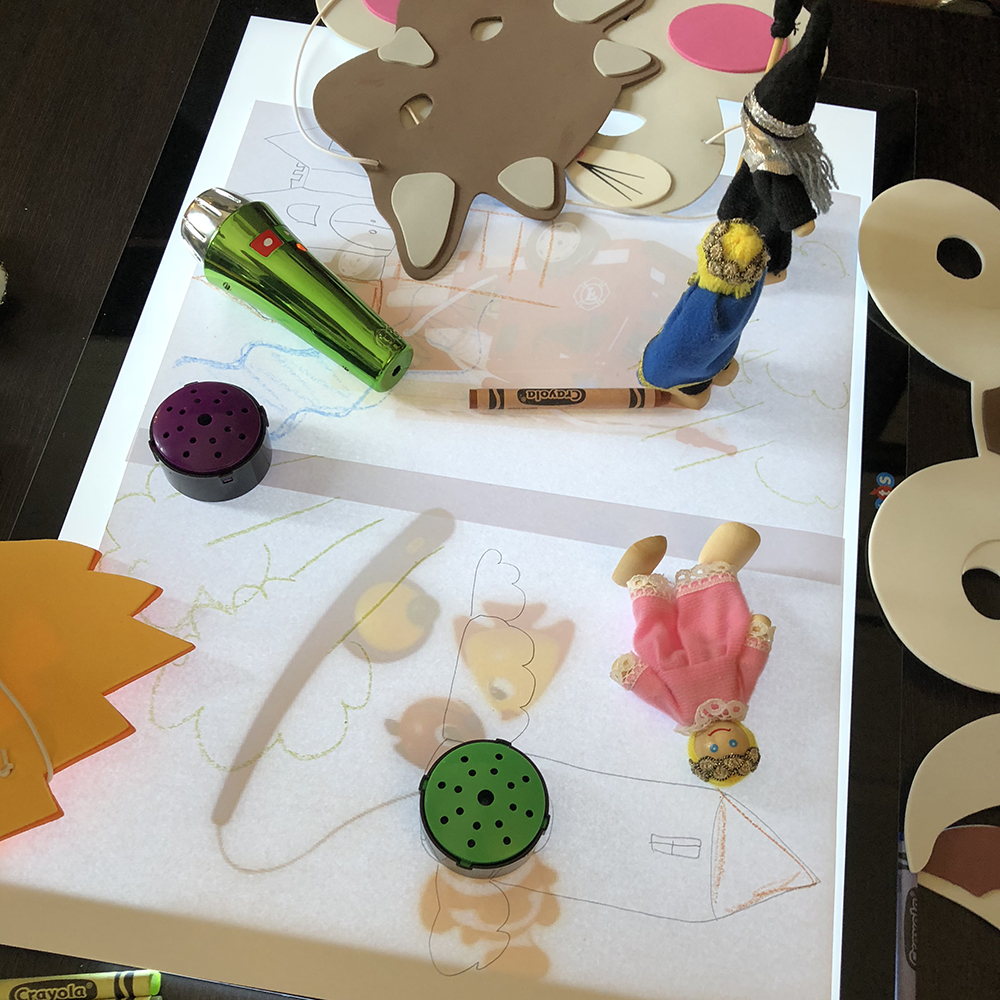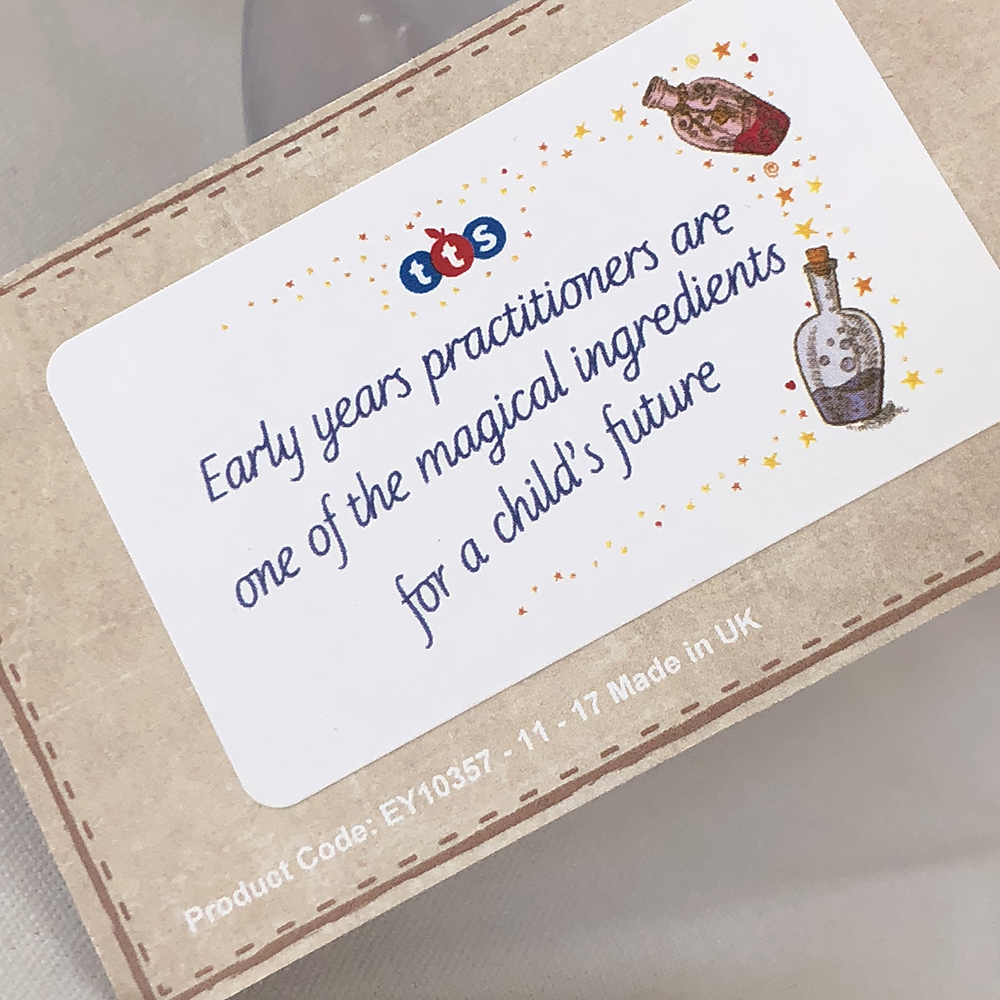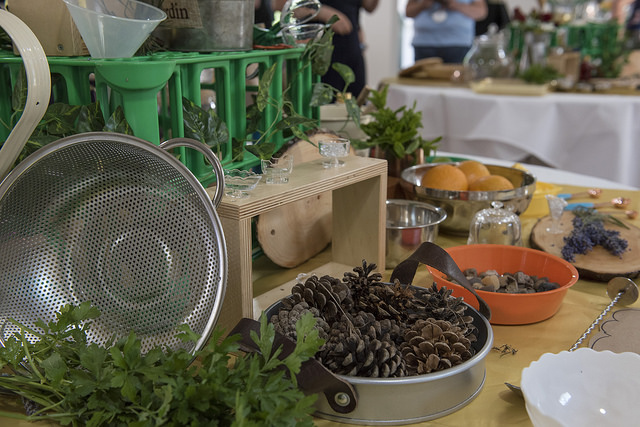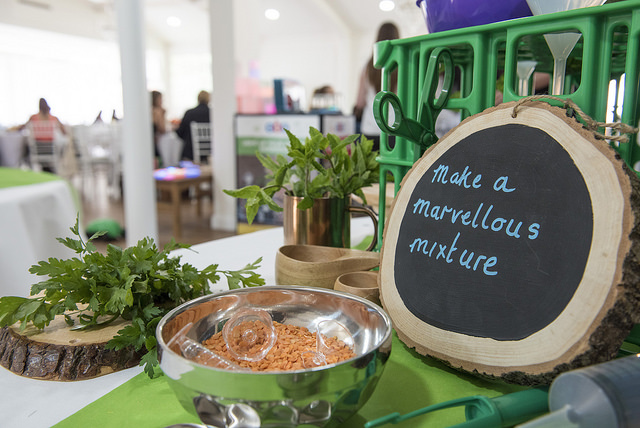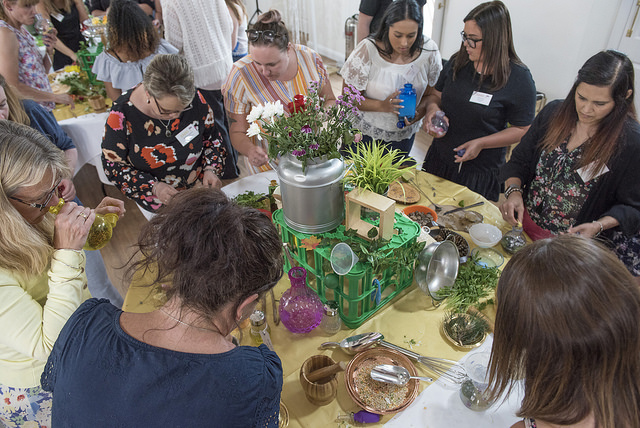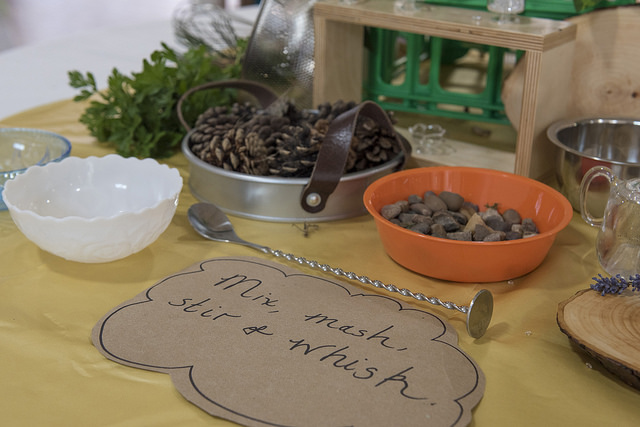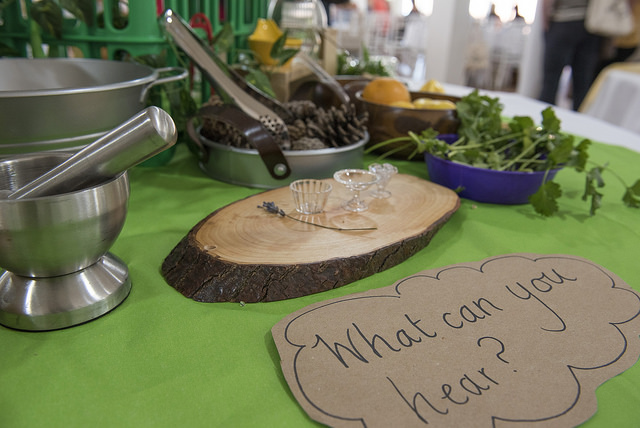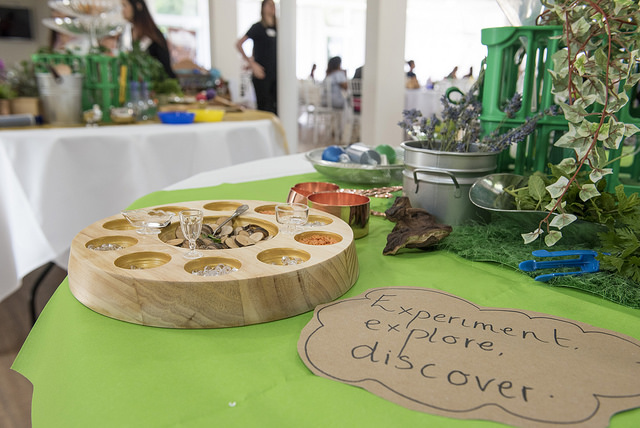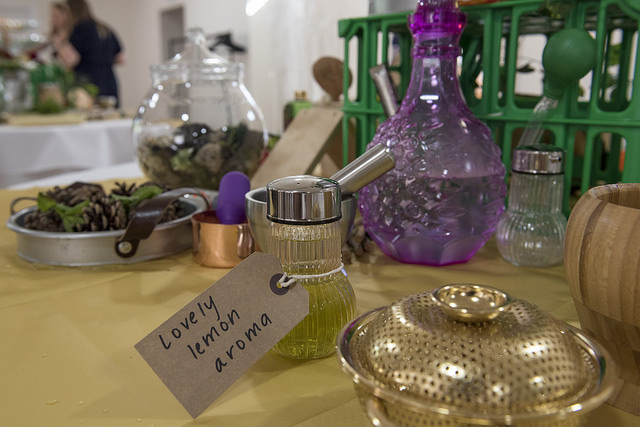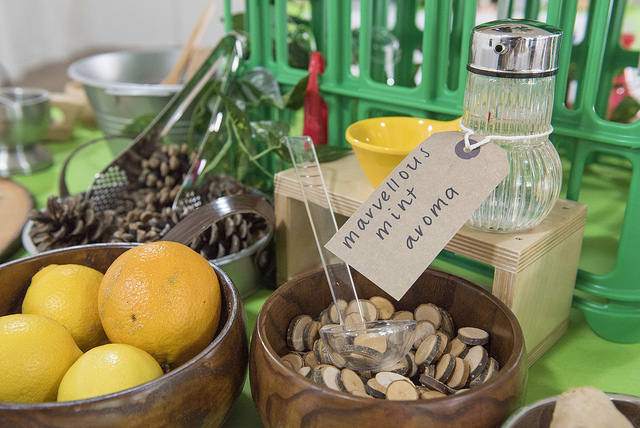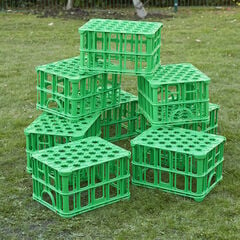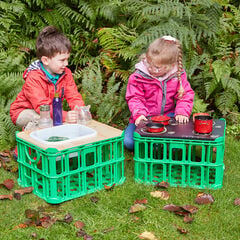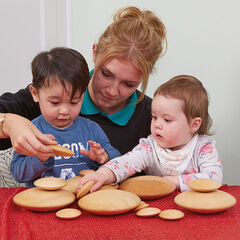Focusing on inspirational practice, there were 2 keynote sessions and 3 practical workshops. With award winning, international speakers at our sell out TTS Early Conferences this year. Alice Sharp, Andy Cope and Marc Faulder delivered high quality, hands on training that immersed delegates in current trends in the early years. Our aim was to ensure that delegates left the day feeling truly inspired and armed with a whole host of practical ideas and learning provocations. Not to mention a tummy full of cake and a bag of free goodies!
We understand that taking a day out to attend training can be challenging. Here are a few best bits from the conference that we hope show how truly worthwhile these events are:
Alice Sharp – Creativity, the nourishment of development
Alice, originally a primary teacher, is now an early year’s specialist and runs Experiential Play offering training and workshops. She is privileged to travel, sharing practice ideas with early year’s centres, universities and local government. She currently works with many education authorities and departments across Britain, addressing the imminent changes towards experiential learning throughout nursery and primary schools.
The notion of ‘inspiration’ or ‘getting an idea’. Play is the best way for a young child to learn. In the early years of a child’s life the way they learn to play, the resources they play with and the kind of engagement they ‘step’ into will contribute enormously to their development. Early learning should be full of creative possibilities. Our play should encourage every child to think creatively about how to solve problems, how to ensure all the ingredients chosen make the concoction they hope for or how they can make up a song, dance or story to excite their ‘audience’. The creative person can have the following characteristics: strong motivation, endurance, intellectual curiosity, deep commitment, independence in thought and action, strong desire for self-realisation, strong sense of self, high sensitivity and high capacity for emotional involvement in their investigation. It follows then, that we look to developing as creative an environment, space, and curriculum as we can for our children. Let’s consider these traits of creativity. What should we surround our children with to inspire and engage? How much does our environment impact on our children’s thinking? Do our environments support fluency and flexibility of thinking? Do our spaces offer room for originality in play? This session will look at how we nurture the creative child.
Andy Cope – The Art of Being Brilliant
Dr Andy Cope describes himself as an author, teacher and learning junkie. His research findings around positive psychology and engagement feed into a series of game-changing keynotes and workshops. Recently, he has tailored his workshops to meet the needs of children and teachers. Andy is also a best-selling author. He has written ‘The Art of Being Brilliant’ and ‘Be Brilliant Everyday’, self-help books for adults.
The craziness – We live in a manic society where most people’s lives are on permanent fast-forward. The modern workplace is typified by a never ending regime of restructures and budget cuts. Uncertainty prevails. Customer expectations are rising. Legislation is tightening. You are probably going to be audited or inspected one day soon. Outside of work there are family pressures. And society. And the traffic. Oh, and don’t forget the weather! The antidote – ‘The Art of Being Brilliant’ provides an antidote to the crazy world that typifies modern Britain. This workshop uses cutting edge research to explore how you can be you, brilliantly. The aim is to share some of the ‘secrets’ of Positive Psychology, focusing on learning new habits of thinking and behaviour that will sustain personal ‘brilliance’. It is about the ‘whole you’ and, as such, is applicable in and out of work. The content is taken from the latest research into positive psychology, wellbeing, flourishing and emotional contagion. Our team calls it ‘the science of the bleedin’ obvious’… yet if it’s so obvious, why are so few people doing it?
Marc Faulder – Technology and the enabling environment
An experienced early years teacher, and an Apple Distinguished Educator, Marc is well known for his innovative use of technology with children aged 3 to 5. His popular blog; Enabling Environments, shares how technology can support learning in the Early Years Foundation Stage. Marc also supports local authorities across England consulting on research trials with the University of Nottingham and the Education Endowment Foundation.
We discovered how voice and image technology, from photography and video, to microphones and apps, can empower children to extend, record and reflect on their learning across all areas of the curriculum, inside and outside!
Catherine Clark (TTS Early Years Educationalist)
The room was set up beautifully with an abundance of invitations to create potions and concoctions. It was a visual feast with a delightful sensory aroma of herbs and spices, fruits such as Oranges and Lemons, flowers and Lavender. We created our own powerful provocations for learning in this fun, hands on session. Experiencing a wide variety of skills whilst we mixed, mashed and stirred our very own intriguing mixture. Reflecting on cross curricular learning possibilities such as scientific understanding, creativity, mathematical literacy and so much more. At the end of the session each delegate took away their very own potion bottle, which was full to the brim of exciting learning possibilities!
We asked delegates to give feedback using 5 words. Here are just a few:
|
|
|
|
|
|
|
|
|
|
|
|
|
|
|
|


